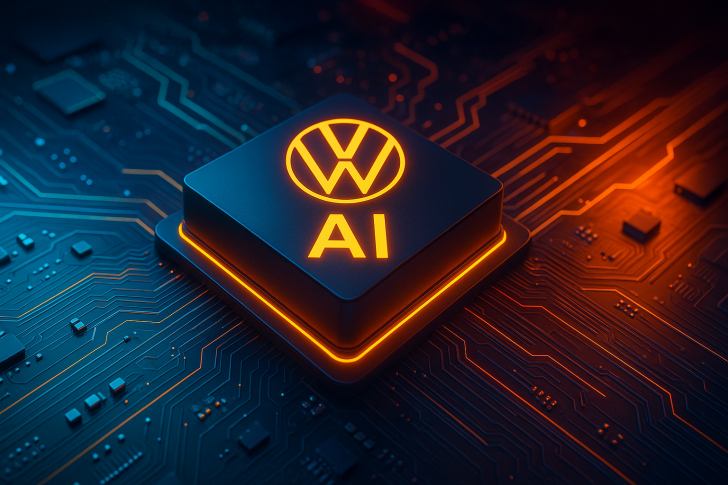The car industry is changing faster than ever. Electric vehicles, autonomous driving, and AI-powered systems are redefining what cars are—and which countries lead the pack. Volkswagen just made a move that signals where things are headed: they're going to design and build their own AI chips directly in China.
Why China Leads—and Why VW Is Going All In
According to Cyrus Janssen, this isn't just a tech upgrade—it's a recognition that China is now the center of automotive innovation, and companies that don't adapt will fall behind.
China isn't just another market anymore—it's the market for intelligent vehicles:
- Largest EV market globally with the most advanced autonomous driving programs
- Home to innovation leaders like BYD, NIO, XPeng, and Li Auto
- Unmatched supply chain for batteries, sensors, and automotive AI
- Fastest iteration cycles where new tech gets tested and scaled at breakneck speed
VW CEO Oliver Blume put it plainly: "By designing and developing the System-on-Chip here in China, we are taking control of a key technology that will define the future of intelligent driving." That's a big deal. For years, automakers relied on chip suppliers like Nvidia, Qualcomm, and Mobileye. Now VW is pulling a Tesla and bringing chip design in-house—cutting out the middleman, speeding up development, and tightening the connection between hardware and software.
What This Really Means
This move is about more than chips. It's about recognizing that cars are becoming AI-driven computers on wheels, and controlling that computational core is now mission-critical. VW has been losing ground in China over the past decade, and this is their answer—go local, go fast, and own the tech stack.
It also sends a clear message to the rest of the industry: automakers are becoming tech companies. The competitive edge isn't in engines anymore—it's in AI, software, and who can integrate them fastest. And right now, that race is being run in China.
 Usman Salis
Usman Salis

 Usman Salis
Usman Salis


